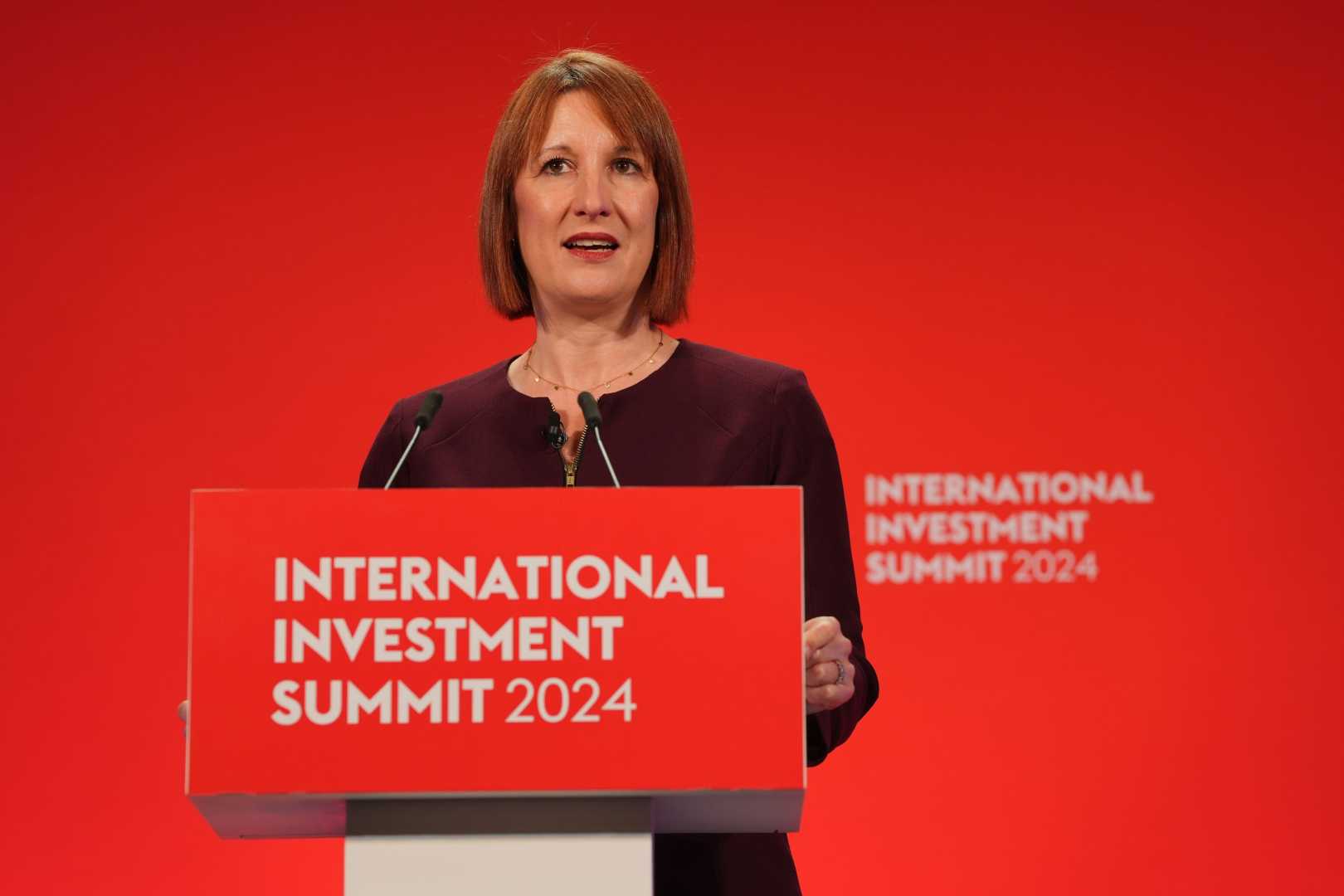Business
UK Businesses Express Concern Over Potential National Insurance Hike

Businesses across the United Kingdom have voiced strong concerns over a potential increase in National Insurance contributions paid by employers, stating it could hinder job creation and economic growth. Leading business groups have argued that such a fiscal change would make hiring staff more challenging in an already tough economic climate.
The Confederation of British Industry (CBI), representing approximately 170,000 firms, has indicated a reluctance among companies to hire new employees or make investments ahead of the government’s budget announcements. Rain Newton-Smith, chief executive of the CBI, articulated these sentiments on the BBC’s Today program, emphasizing that any rise in National Insurance would result in increased costs for hiring.
Kate Nicholls, chief executive of UK Hospitality, stated that a rise in National Insurance would severely affect industries like hospitality, where staffing costs constitute a significant portion of expenses. Echoing these sentiments, Alex Veitch from the British Chambers of Commerce noted that although tough decisions are necessary, an increase in contributions would “hobble growth” and deter business investments in workforce development.
While it is not yet confirmed which aspects of National Insurance might be targeted, businesses currently pay the levy on employee earnings. Speculation includes a potential levy on employers’ contributions to pension schemes, which presently remains tax-exempt. This uncertainty comes as Labour prepares its first Budget announcement in nearly 15 years, scheduled for 30 October.
Labour representatives, including Chancellor Rachel Reeves, have maintained that their election promise not to increase National Insurance for “working people” still stands, referring to the employee portion of the tax. However, Craig Beaumont of the Federation of Small Businesses emphasized the importance of not burdening small firms, many of which are family-run and integral to local economies.
The Institute for Fiscal Studies (IFS) contributed to the discussion by projecting that a one percentage point increase in employer National Insurance rates could yield £8.5 billion annually in the short term. Nevertheless, IFS economist Isaac Delestre cautioned of the potential implications for other tax revenues, such as income and corporation taxes, should businesses be forced to absorb higher costs.
Alice Haine, a finance analyst at Evelyn Partners, highlighted the possibility of “unintended consequences,” should new tax measures lead companies to minimize staffing or reduce pension benefits.












